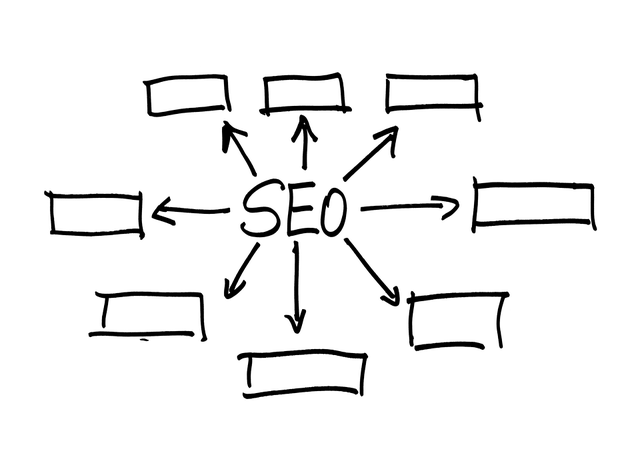In today's digital era, Local SEO for Small Businesses is crucial for staying competitive. By focusing on geographic area-specific search results, businesses can boost visibility, attract more customers, and strengthen community ties. Key strategies include optimizing online listings, creating location-focused content, leveraging Google My Business, building relevant backlinks, tracking KPIs, and understanding local search behaviors like voice searches. Effective Local SEO empowers small businesses to thrive, drive targeted traffic, and convert leads into loyal customers in their local market.
In today’s digital era, Local SEO for Small Businesses isn’t just an option—it’s a necessity. This comprehensive guide dives into the essential strategies to elevate your local online presence. We’ll explore why understanding your target audience and optimizing your website are pivotal. From leveraging Google My Business to building relevant backlinks, you’ll discover tactics to boost visibility. Additionally, we’ll uncover the power of geo-targeted content and tracking key metrics for continuous improvement.
Understanding Local SEO: Why It Matters for Small Businesses

In today’s digital era, local businesses need to understand and embrace Local SEO for Small Businesses to thrive and compete with larger corporations. It’s more than just optimizing your website; it involves a strategic approach to enhance visibility within a specific geographic area. With so much competition online, focusing on local search results can be the game-changer that propels your business forward.
By implementing effective Local SEO for Small Businesses tactics, you ensure that when potential customers search for services or products relevant to your offerings in your region, your business appears at the top of local search rankings. This means more eyes on your brand, increased website traffic, and ultimately, a surge in foot traffic or online inquiries. It’s a powerful tool to foster connections with nearby customers and establish a strong presence in your community.
Identifying Your Target Audience and Their Search Behavior

Identifying your target audience is a cornerstone of successful Local SEO for Small Businesses. Understanding who your customers are, where they live, and how they search for products or services like yours is crucial. By analyzing demographic data, interests, and online behavior, businesses can tailor their digital presence to resonate with their ideal clients. This means creating content that addresses local keywords and incorporates location-specific information, ensuring it appears in relevant local searches.
Moreover, knowing your audience’s search behavior helps in optimizing your website and online listings. For instance, understanding that potential customers often use voice searches while on the go or prefer short, direct queries enables businesses to adapt their content accordingly. This localized approach not only boosts visibility in search engines but also increases the likelihood of converting local leads into loyal customers.
Optimizing Your Website for Local Searches

Leveraging Google My Business and Other Directories

Building High-Quality, Relevant Backlinks for Local Visibility

Building high-quality, relevant backlinks is a cornerstone of successful Local SEO for small businesses. These links from reputable and industry-related websites act as digital endorsements, signaling to search engines that your business is trustworthy and worthy of a higher ranking in local searches. By strategically placing these backlinks on sites that cater to your target audience, you can significantly boost your local visibility and drive more targeted traffic to your doorstep.
For small businesses looking to stand out in their communities, focusing on building organic, relevant backlinks is key. This involves identifying online platforms where your potential customers actively engage—such as local forums, community blogs, or industry-specific directories—and then contributing valuable content that naturally attracts links from these sites. By being a resource for your community and consistently delivering high-quality information, you’ll build relationships with these websites, leading to more backlinks over time.
Utilizing Geo-Targeted Content and Keywords

Measuring Success: Tracking Key Metrics for Continuous Improvement

Measuring success is a critical component of any Local SEO strategy, particularly for small businesses looking to make their mark in competitive markets. By tracking key performance indicators (KPIs), businesses can gain valuable insights into what’s working and identify areas for improvement. These metrics go beyond simple website traffic; they include call conversions, click-through rates from local listings, online review volume, and engagement on social media platforms.
For Local SEO, monitoring these KPIs allows business owners to understand their target audience better. For instance, high call conversion rates indicate effective localized content and targeted advertising, while low engagement on social media could signal the need for more interactive, location-specific posts. Continuously analyzing these metrics enables businesses to adapt their strategies, ensuring they remain relevant and competitive in their local market.
